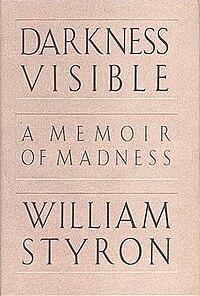“One Christmas” is the third and final short story in Truman Capote’s holiday story trilogy about nine year-old Buddy and his elderly best friend, Miss Sook. In this story, Miss Sook stays home in Alabama while Buddy visits his father in New Orleans for Christmas.

Capote reveals a little bit of background information about why Buddy lives with elderly cousins instead of his parents. His invitation from his father, whom he barely knows, sends Buddy into an emotional tailspin. While not wanting to leave his friend at Christmas, he feels obligated (as do his relatives) to accept his father’s invitation.
In typical fashion, Buddy’s father does everything he can to make him feel at home in New Orleans including spending money on him. This manipulation, though, isn’t one way. At Christmas, Buddy takes advantage of his father’s outpouring of “affection” to get a Christmas gift he’s always wanted.
I thought the story was most unusual in its dealing with the subject of Santa Claus and Buddy’s realization that his father was Santa and that Miss Sook had “lied” to him about Santa, but in true “Miss Sook” fashion, she comes up with her own philosophical explanation for Santa when Buddy returns. For a young boy, Buddy understood more about his father’s lifestyle than one might ordinarily expect from a nine year-old. In looking from the balcony of his room, he sees his father dancing with an older (and richer) woman. Phrases from the song “Just A Gigolo” go through his head.
Of these three stories, “A Christmas Memory” was the first one written and the one I enjoyed the most. Miss Sook is never named as she is in the other two (this one and “The Thanksgiving Visitor”). The details of Buddy’s family situation isn’t necessary for the reader to understand the depth of friendship between Buddy and the woman he simply refers to as “my friend”.










